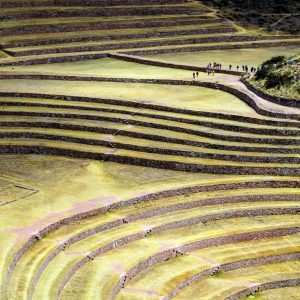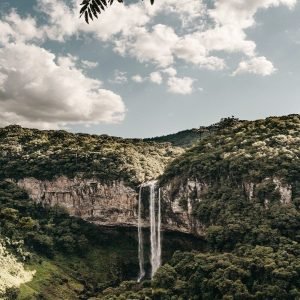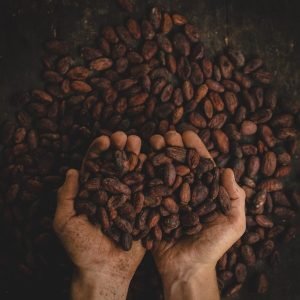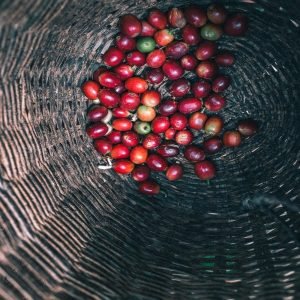Description
Description
– Brazil’s coffee relationship dates back to the 18th century, starting in 1727 when Francisco de Melo Palheta smuggled seven coffee seedlings into Brazil from French Guiana.
– Thriving in Brazil’s tropical climate and fertile soil, coffee industry flourished by the end of the 18th century and continued to grow throughout the 19th century.
– Brazil’s dominance peaked in the late 19th and early 20th centuries, accounting for over 80% of global coffee production, contributing to the development of major cities like São Paulo and Rio de Janeiro.
– Coffee remains vital to Brazil’s economy, with annual production exceeding 2.5 million metric tons, particularly celebrated for its high-quality arabica beans.
– To ensure industry sustainability, Brazilian coffee farmers embrace innovative technologies and sustainable practices, with Santos coffee maintaining its reputation for excellence, associated with the port of Santos, one of Brazil’s largest coffee- exporting ports.
– Thriving in Brazil’s tropical climate and fertile soil, coffee industry flourished by the end of the 18th century and continued to grow throughout the 19th century.
– Brazil’s dominance peaked in the late 19th and early 20th centuries, accounting for over 80% of global coffee production, contributing to the development of major cities like São Paulo and Rio de Janeiro.
– Coffee remains vital to Brazil’s economy, with annual production exceeding 2.5 million metric tons, particularly celebrated for its high-quality arabica beans.
– To ensure industry sustainability, Brazilian coffee farmers embrace innovative technologies and sustainable practices, with Santos coffee maintaining its reputation for excellence, associated with the port of Santos, one of Brazil’s largest coffee- exporting ports.





